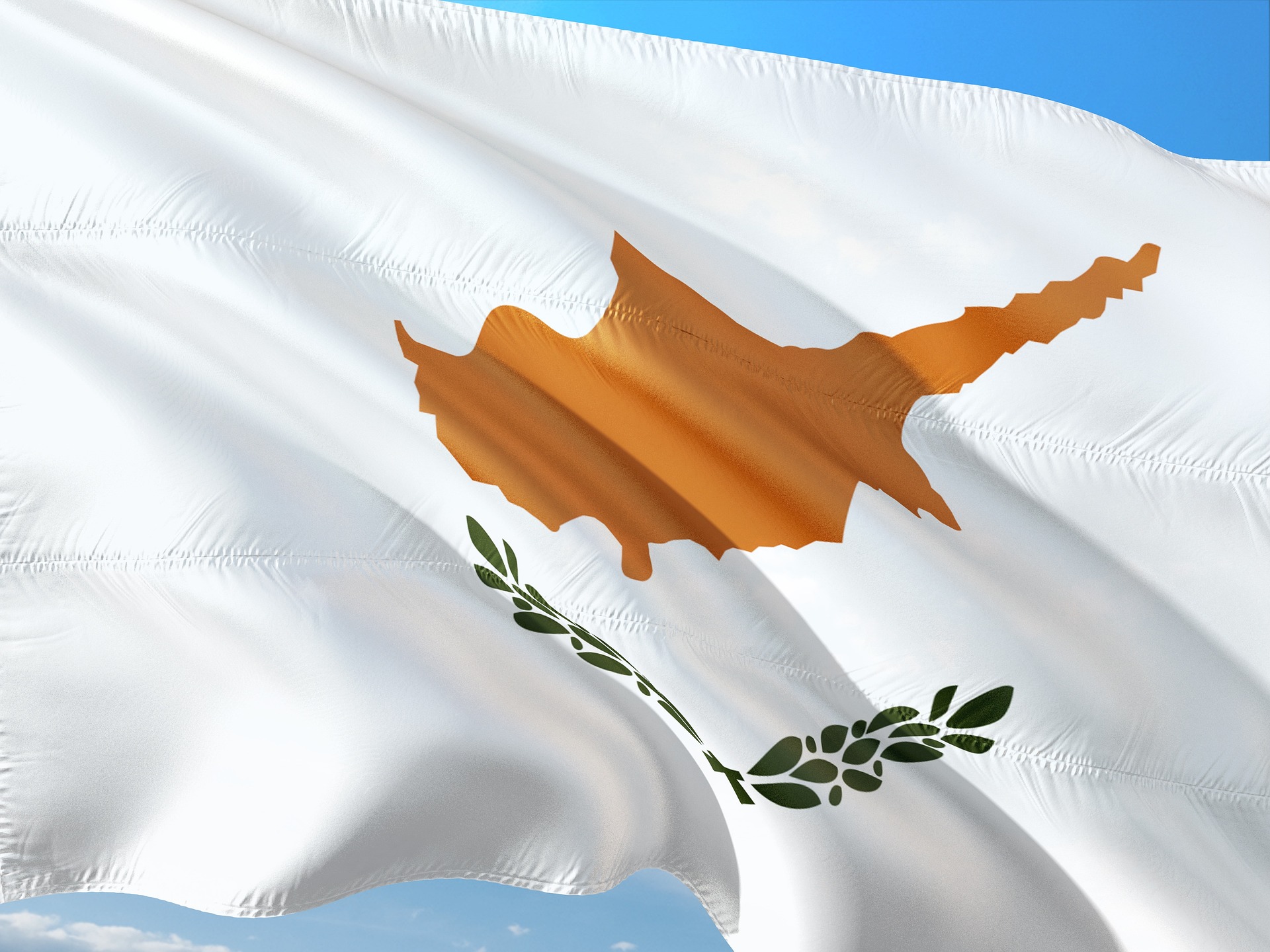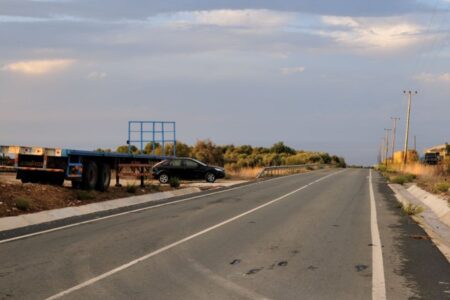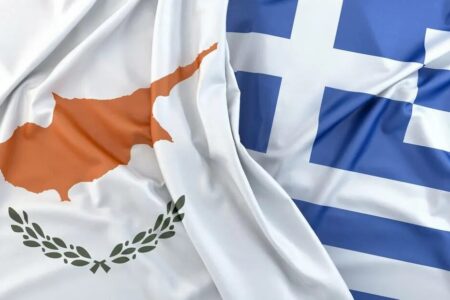On Cyprus, April 1st is not celebrated as April Fool’s Day but as one of the nation’s most important holidays – the Day that marks the beginning of the national liberation struggle. This day symbolizes the decisive step taken by the Cypriot people on their path to independence from British colonial rule. Every year, Cypriots remember the events of 1955, when the armed struggle for freedom began, ultimately leading to the establishment of an independent republic in 1960.
Contents
Historical Context
Until the mid-20th century, Cyprus was under the rule of the British Empire. Many years of colonial administration brought not only administrative changes but also significant social and economic hardships for the local population. A growing sense of national identity and the aspiration for union with Greece gradually took root among the Cypriots, setting the stage for an armed uprising.
The Beginning of the National Struggle
April 1st, 1955, became a landmark day in Cyprus’s history. On this day, the first actions of the national liberation struggle were organized by a group of Cypriots known as EOKA – the National Organization of Cypriot Fighters for Independence. Led by Georgios Grivas, a retired officer of the Greek army known by the nickname “Digenis,” the movement sought to unite Cypriot fighters and organize a guerrilla war against the British military forces.
The strategy of the struggle was based on sudden attacks and rapid movements from one operation to another. This guerrilla tactic allowed the fighters to continue the battle despite facing superior enemy numbers and limited resources. It proved to be an effective method of resistance, even in the face of harsh repression by the British authorities.
The Development and Consequences of the Uprising
Following the outbreak of the uprising, the situation on the island quickly escalated. Mass anti-British demonstrations occurred, and clashes broke out between the military and civilians. The British forces attempted to suppress the growing discontent by imposing a state of emergency and intensifying the security at key facilities. Despite these efforts, the struggle continued for several years.
Ultimately, after persistent fighting and negotiations involving international parties, agreements were signed in 1959 that granted Cyprus autonomous status. In 1960, the island was officially proclaimed the independent Republic of Cyprus. This victory marked the culmination of many years of selfless struggle for national liberation.
Traditions of the Celebration
Today, April 1st is a day of deep symbolic meaning. It is an official public holiday when government offices, banks, schools, and large shopping centers close for the day, with only a few small kiosks and bakeries remaining open to provide basic necessities.
Particular attention is given to honoring the heroes of the national struggle. People visit memorials, lay fresh flowers, and go to locations where the fighting took place. In schools, history lessons are dedicated to educating the younger generation about the sacrifices of their ancestors and the impact of these events on the country’s destiny. These festive activities unite the community and reinforce national identity and solidarity.
The Modern Significance of the Holiday
Today, April 1st is not just a day of remembrance but an important event that reminds citizens of the price of freedom and independence. The holiday encourages people to respect their country’s history, appreciate the achievements of previous generations, and strive to maintain the nation’s independent status. It serves as a reminder that freedom requires courage, unity, and decisive actions, and it continues to inspire the further development of national culture and traditions.
The April 1st holiday in Cyprus is a profound historical and cultural symbol that unites the nation in pride for its struggle for independence. It is a time for reflection, honoring past heroes, and strengthening the national spirit. Each year, Cypriots celebrate this day to remember the long and arduous fight for freedom and the immense price paid to achieve it through the selfless efforts of many generations.
















